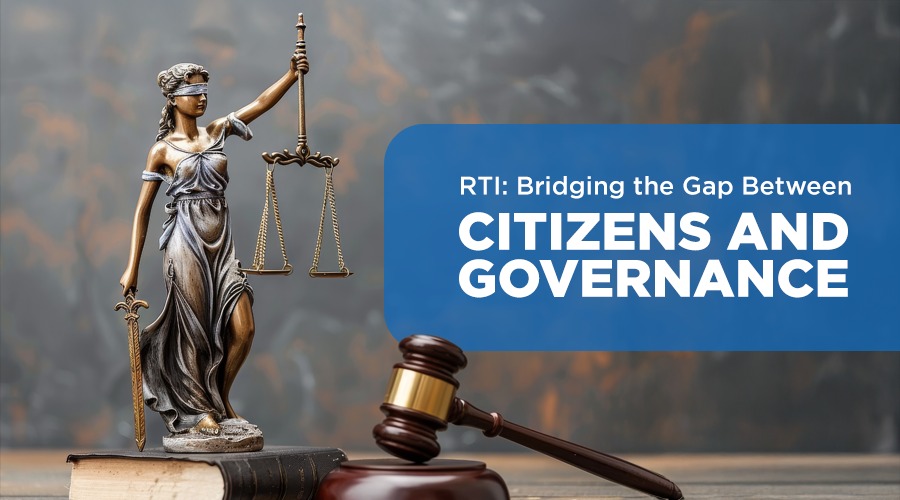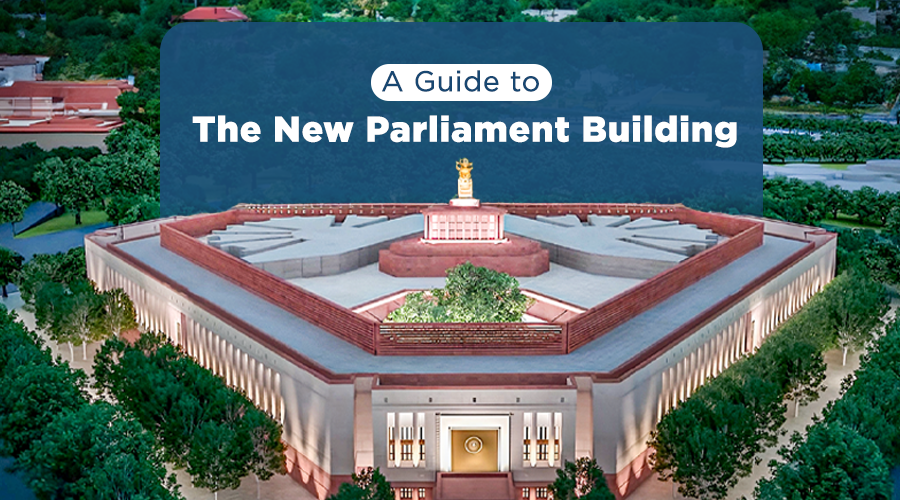What are Union Territories?
Union territories are areas under the direct control and administration of the Central government of India.
Evolution of Union Territories
The concept of union territories came about in 1956 with the 7th Constitutional Amendment Act and the States Reorganisation Act. Interestingly, some former union territories have achieved statehood. Himachal Pradesh, Manipur, Tripura, Mizoram, Arunachal Pradesh, and Goa were all UTs before becoming states. Currently, India has nine union territories.
- Andaman and Nicobar Islands (1956)
- Delhi (1956)
- Lakshadweep (1956)
- Dadra and Nagar Haveli (1961)
- Daman and Diu (1962)
- Puducherry (1962)
- Chandigarh (1966)
- Jammu and Kashmir (2019)
- Ladakh (2019)
Reasons for Creating Union Territories
UTs are formed for various reasons:
- Political and Administrative Considerations: Delhi, the national capital, and Chandigarh, claimed by both Punjab and Haryana, fall under this category.
- Cultural Distinctiveness: Puducherry, Dadra and Nagar Haveli, Lakshadweep, Daman and Diu are culturally unique.
- Strategic Importance: Andaman and Nicobar Islands hold strategic significance for India.
- Special Care for Backward Areas: Mizoram, Manipur, Tripura, and Arunachal Pradesh (now states) were initially UTs to receive focused development.
Administration of Union Territories
Articles 239 to 241 in Part VIII of the Constitution deal with UTs. Unlike states with a uniform system, UTs have diverse administrative structures.
- Administrator: An administrator, appointed by the President (Lieutenant Governor, Chief Commissioner, or Administrator), acts as the central government’s agent, not a head of state like a governor.
- Legislative Assembly: Puducherry (1963) and Delhi (1992) have a legislative assembly and a council of ministers led by a chief minister. The remaining UTs lack these institutions.
- Parliamentary Control: Despite some UTs having legislative assemblies, Parliament holds supreme control over them (all three legislative lists). Delhi’s assembly can legislate on the State List (except public order, police, and land) and the Concurrent List. The President can also legislate for Puducherry (and other UTs except Delhi) by making regulations when the assembly is not in session.
- Judiciary: Parliament can establish a high court for a UT or place it under an adjacent state’s high court. Only Delhi (since 1966) has its own high court.
- Ministry of Home Affairs: The Ministry of Home Affairs is the nodal ministry for UTs, handling legislation, finance, services, and appointment of Lt. Governors and Administrators.
- Advisory Committees: UTs without legislatures (Andaman and Nicobar Islands, Chandigarh, Daman and Diu, Dadra and Nagar Haveli, and Lakshadweep) have a forum for local representation. These committees, chaired by the Union Home Minister (HMAC) or the UT Administrator (AAC), discuss social and economic development issues. AAC is chaired by the Administrator of the concerned UTs. Member of Parliament and elected members from the local bodies e.g. District Panchayats and Municipal Council of the respective UTs are members of these committees among others. The Committee discusses the general issues relating to social and economic development of the UTs.
New Trends in Indian Statehood
- Jammu and Kashmir: Until August 2019, Jammu and Kashmir was a state with its own constitution, legislative assembly, and elected government. After the abrogation of Article 370, it was reorganized into two UTs: Jammu and Kashmir and Ladakh.
- National Capital Territory of Delhi: The 69th Constitutional Amendment Act of 1991 redesignated Delhi as the National Capital Territory of Delhi.
Criticisms of Recent Court Rulings
Recent court rulings have been criticized for diminishing the role of elected councils of ministers in UTs, reducing them to mere advisors. This is concerning in a democracy where half the UT population resides in slums and unauthorized colonies. While some argue that local panchayats and municipalities suffice, the reality is that local bodies in India often lack adequate power, with state governments playing a more significant role in people’s lives.
References
Indian Polity 5th Edition by Laxmikanth




